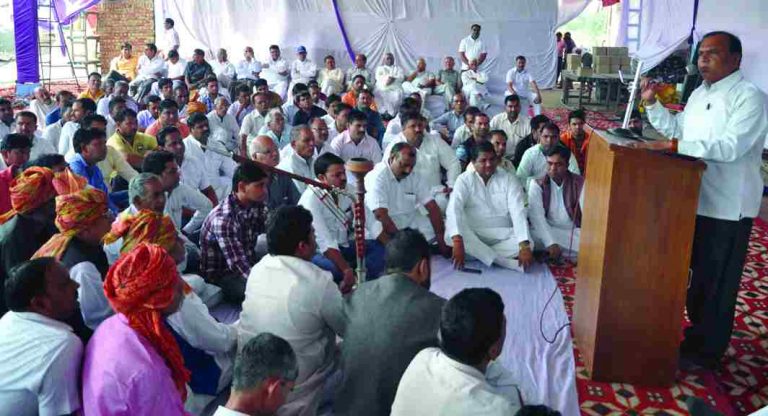
Above: A Kshatriya mahapanchayat deliberating over an issue in Faridabad. It’s imperative that such panchayats obey the law of the land. Photo: UNI
The first FIR is filed under a progressive new law that prohibits social boycott on the basis of caste, morality and sexual inclination
~By Venkatasubramanian
Umesh Rudrap, a resident of Kondhwa, Maharashtra, belongs to the Telugu Mandleshwar community, and had a love marriage with a woman from another caste three decades ago. Following this, he was expelled from his community and was not allowed to attend any religious ceremony of it. Nor was he invited for any event by the community members. The boycott applied to his family members too, as those of marriageable age were denied the right of finding their life-partners within the community.
Rudrap is now a 51-year old driver, fighting the twin social evils of ostracism within his community and lack of social and economic progress. Other families of the same community have suffered a similar ordeal from the panch members of their community who were responsible for boycotting them.
On July 18, Rudrap and others like him saw a ray of hope. The first FIR under the Maharashtra Protection of People from Social Boycott (Prevention, Prohibition, and Redressal) Act, 2016, was filed at Kondhwa Police Station, Pune, against those who ostracised them in the past, including the community-head. The Bill, incidentally, was passed by the state assembly in April 2016 and received the President’s assent this month. The FIR has kindled hope that the law can be used to trigger social reform and stem the rot of social evils.
PROGRESSIVE LAW
Maharashtra is the only state to have such a progressive legislation. State legislations, reserved by the governor for President’s consideration under Article 201 of the constitution, are examined by the Union home ministry from three angles. These are repugnancy with central laws, deviation from national or central policy and legal and constitutional validity. That the Bill took more than a year to secure the President’s assent, despite the all-party consensus within the state assembly, must make one wonder whether the centre could have met this constitutional requirement much earlier.
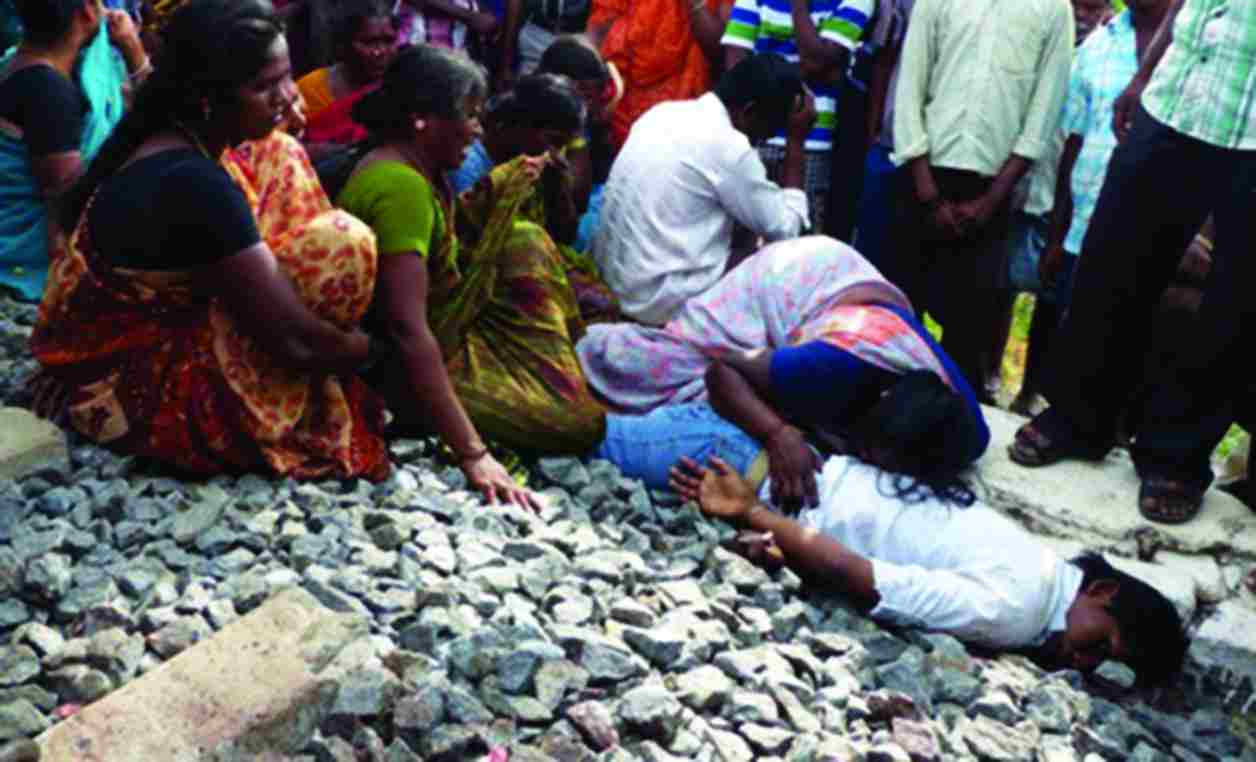
The Act aims to prohibit social boycott of a person or group of persons, including their family members. It proclaims in its preamble that the dehumanising practice of social boycott still persists in various parts of the state. The legislation was found necessary as existing laws have proved to be ineffective in total elimination of this evil.
Social boycott is a kind of ostracism, where an individual or his family is banished from a society, whether physically or socially, on the direction of certain persons of that community for a perceived breach of that society’s rules.
EXCOMMUNICATED
The Act has an interesting history. The Bombay Prevention of Excommunication Act, 1949, aimed to remove any legal disabilities that may be suffered by a person who had been excommunicated from their community, religious or otherwise. The Act declared that excommunication would have no effect and imposed criminal penalties on persons who engaged in excommunication.
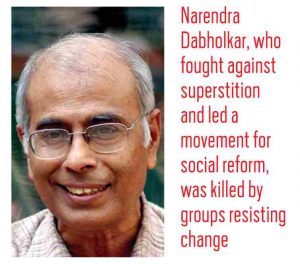 The Act was challenged before the Bombay High Court by the religious head of the Dawoodi Bohra community as being unconstitutional for violating the rights of the community to manage its own religious affairs under Article 26 of the constitution, which guarantees a religious denomination certain rights.
The Act was challenged before the Bombay High Court by the religious head of the Dawoodi Bohra community as being unconstitutional for violating the rights of the community to manage its own religious affairs under Article 26 of the constitution, which guarantees a religious denomination certain rights.
While the Bombay High Court had rejected the challenge to the Act, the Supreme Court which heard the appeal, struck down the excommunication Act as being contrary to Article 26. In 1962, the Supreme Court held in this case that the power of excommunication was an exercise of the religious power of a denomination or community, and was protected under Article 26.
The Act, the Court held, did not show any constitutionally permissible basis for its interference with such religious power. The majority judges in the case defended excommunication, saying it was essential to maintain community discipline and cohesiveness.
Then Chief Justice BP Sinha had written a dissenting opinion in the case, stating that the Act had affected the civil rights of excommunicated persons. More significant, he observed that the Act guaranteed individual freedom to choose one’s way of life and to do away with all those undue and outmoded interferences with liberty of conscience, faith and belief, and that it aimed at ensuring human dignity.
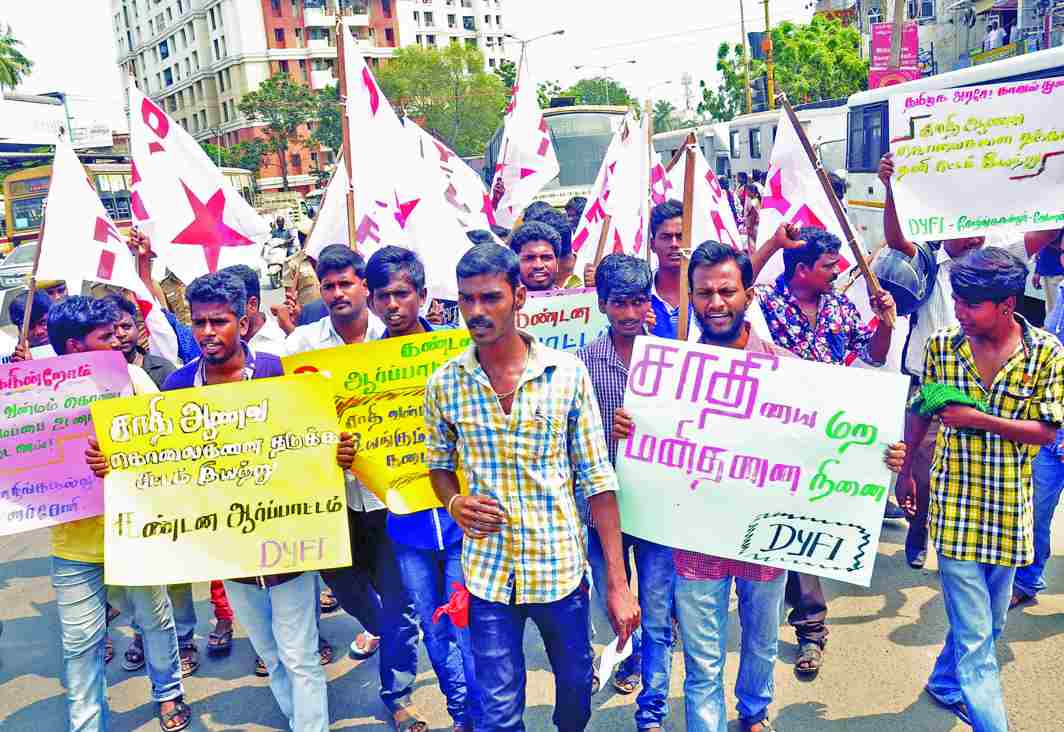
Even more significant was Chief Justice Sinha’s firm belief that the Act could be justified on the basis of the constitutional directive for the abolition of untouchability under Article 17.
As the constitutional scholar, Gautam Bhatia, has pointed out in his article in The Hindu, apart from the prohibition of untouchability, the constitution guarantees non-discriminatory access to “shops, public restaurants, hotels and places of public entertainment” under Article 15(2).
Calling it a “horizontal application of rights”, Bhatia has underlined that the constitution grants individuals rights not merely against the state, but also against non-state actors like khap panchayats.
The correctness of the Supreme Court’s majority opinion in this case was referred to a larger bench for reconsideration in 1986, but the Court has not yet found the time to do so.
The similarity or distinction between the challenge to the excommunication Act and the Maharashtra Prevention of Social Boycott Act is a nuanced one. Excommunication is carried out by someone who has religious authority to do so, whereas social boycotts do not necessarily involve anyone with religious authority. Therefore, those who ostracised Rudrap and others of his community cannot rely on this case to invoke their non-existent rights under Article 26.
SOCIAL BOYCOTT
The Maharashtra Act provides 15 examples of social boycott. These include obstructing individuals from following their religious practices or customs, severing social or commercial contacts, imposing discrimination within the community and expulsion from the community.
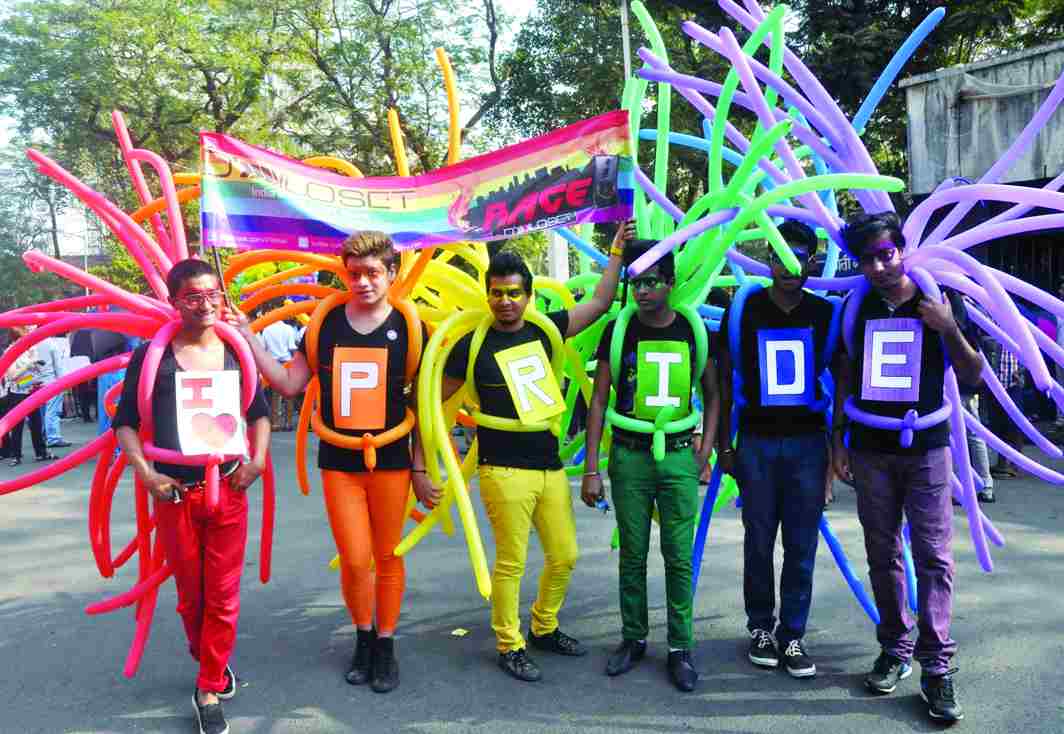
The Act also makes it clear who can be punished under the Act: Those who directly practise social boycott, instigate others to do so, or participate in any meetings with the agenda of imposing a boycott.
Caste and khap panchayats were recently in the news. A petition before the Supreme Court wanted amendments in the penal codes to penalise khaps from running a parallel law and order machinery in the country.
The Law Commission too has recommended enactment of a suitable law by parliament. But all this did not make any progress as khap panchayats rallied together to prevent any social reform.
Khap panchayats show their ire on those who dared to transgress the unwritten codes of social behaviour like marriage within the community or non-marriage within a particular gotra. The Maharashtra Act, therefore, seeks to penalise acts of discrimination on the basis of morality, social acceptance, political inclination or sexuality.
In 2013, Maharashtra lost one of its prominent intellectuals who fought against superstition and led a movement for social reform, Narendra Dabholkar. He was killed by groups resisting social reform. The Maharashtra Act is a bold move not only to honour Dabholkar, but to answer his critics.

